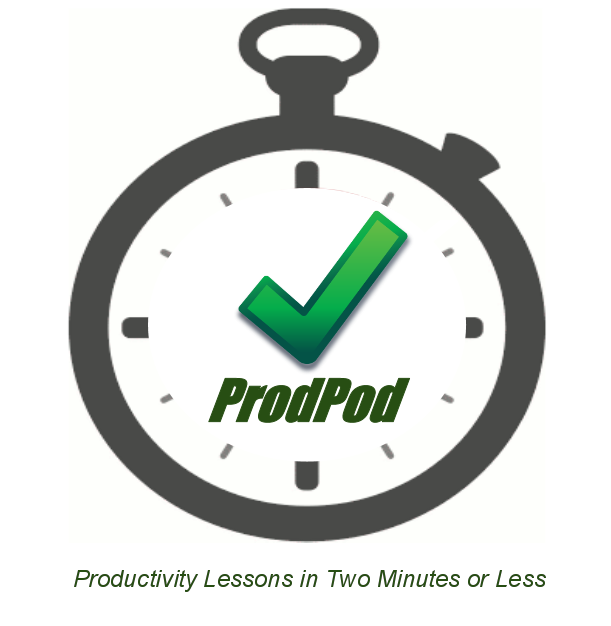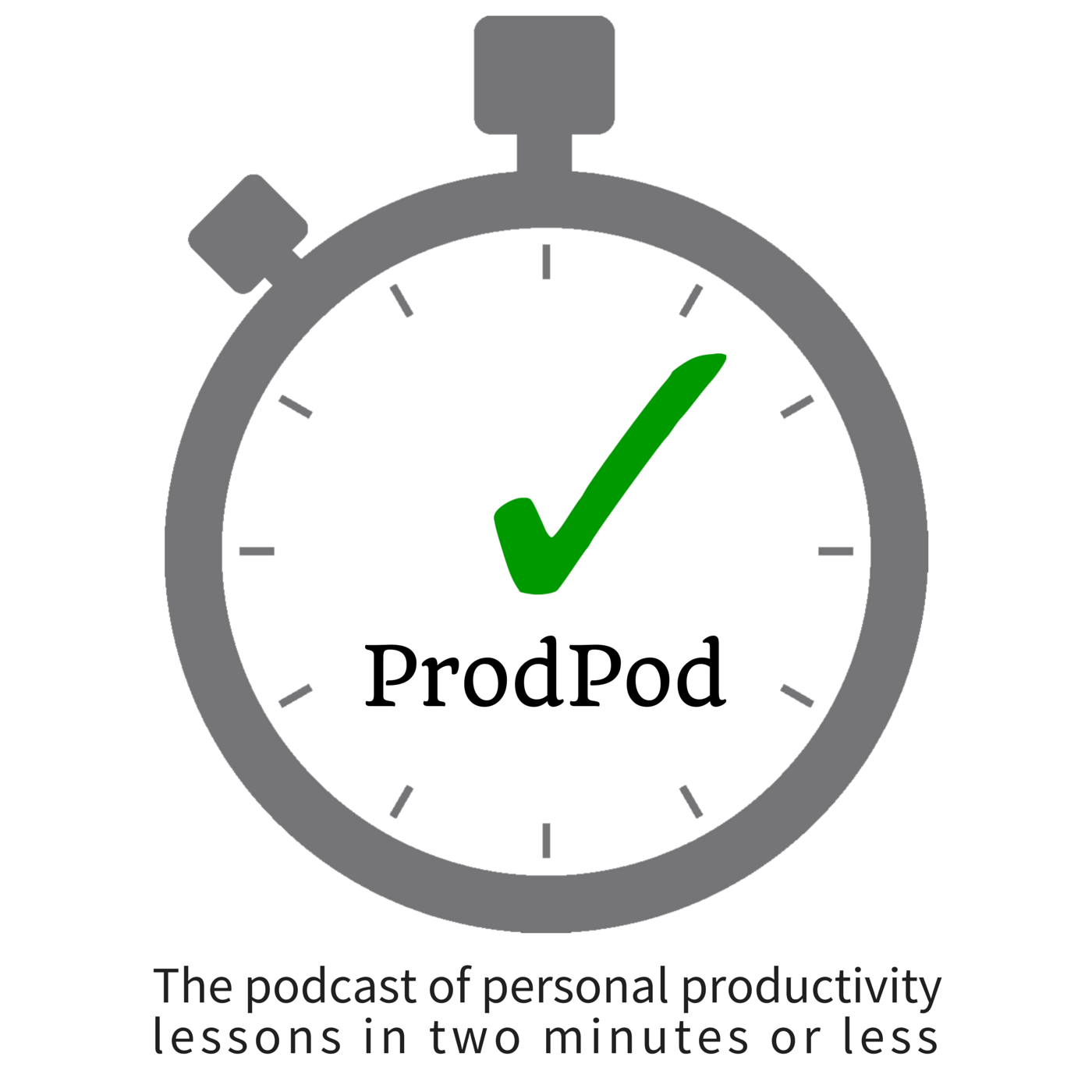Episodes

Thursday May 16, 2013
Thursday May 16, 2013
In Episodes 53 and 54, I gave a brief overview of my "Pull Method" for more productive relationships, so in this episode I am going to outline how I collect and analyze data to make sure I know how the people around me affect me. In this episode I'm going to discuss Collection. And, in the next episode, I'll cover Analysis.
Full Transcript==>
Did your parents ever tell you that you were hanging out with the wrong crowd? As youth, we don't realize sometimes how the people around us affect our development and our long-term life choices. It turns out, as several studies have reported, how happy the people are around you dictate quite a bit of your own happiness.
In Episodes 53 and 54, I gave a brief overview of my "Pull Method" for more productive relationships, so in this episode I am going to outline how I collect and analyze data to make sure I know how the people around me affect me. In this episode I'm going to discuss Collection. And, in the next episode, I'll cover Analysis.
Collection
For many years now, I have kept what is called a dossier. For me, that's a digital repository of all the information I have about the most important people in my life, both personal and professional. You can simply store that information in the Notes field of your contact manager, while others may have a separate notebook (as I do in Evernote) dedicated to my personal contacts and Trello board dedicated to the people in my professional world (specifically for its Google Drive and Dropbox integration to attach files). Now, I have a base of information at my fingertips wherever I am when I need to address issues. For those GTDers out there, this isn't an @Agendas context. It's purely a reference file of information I find to be pertinent to that person, especially for major emotional events with that person. Did I just have an amazing meeting with that business contact and want to relate the experience? It goes in my dossier for them. Did I just have a fantastic dinner at my favorite restaurant with a good friend? Yup, into my dossier for that good friend it goes. The same goes for negative experiences. In Evernote and Trello, I select for each experience the "event" and one of a series of emotions tags that I've created for both positive and negative events. If you're using a manual system, just noting these emotions at the top of each event entry will work as well.
Version: 20241125


No comments yet. Be the first to say something!